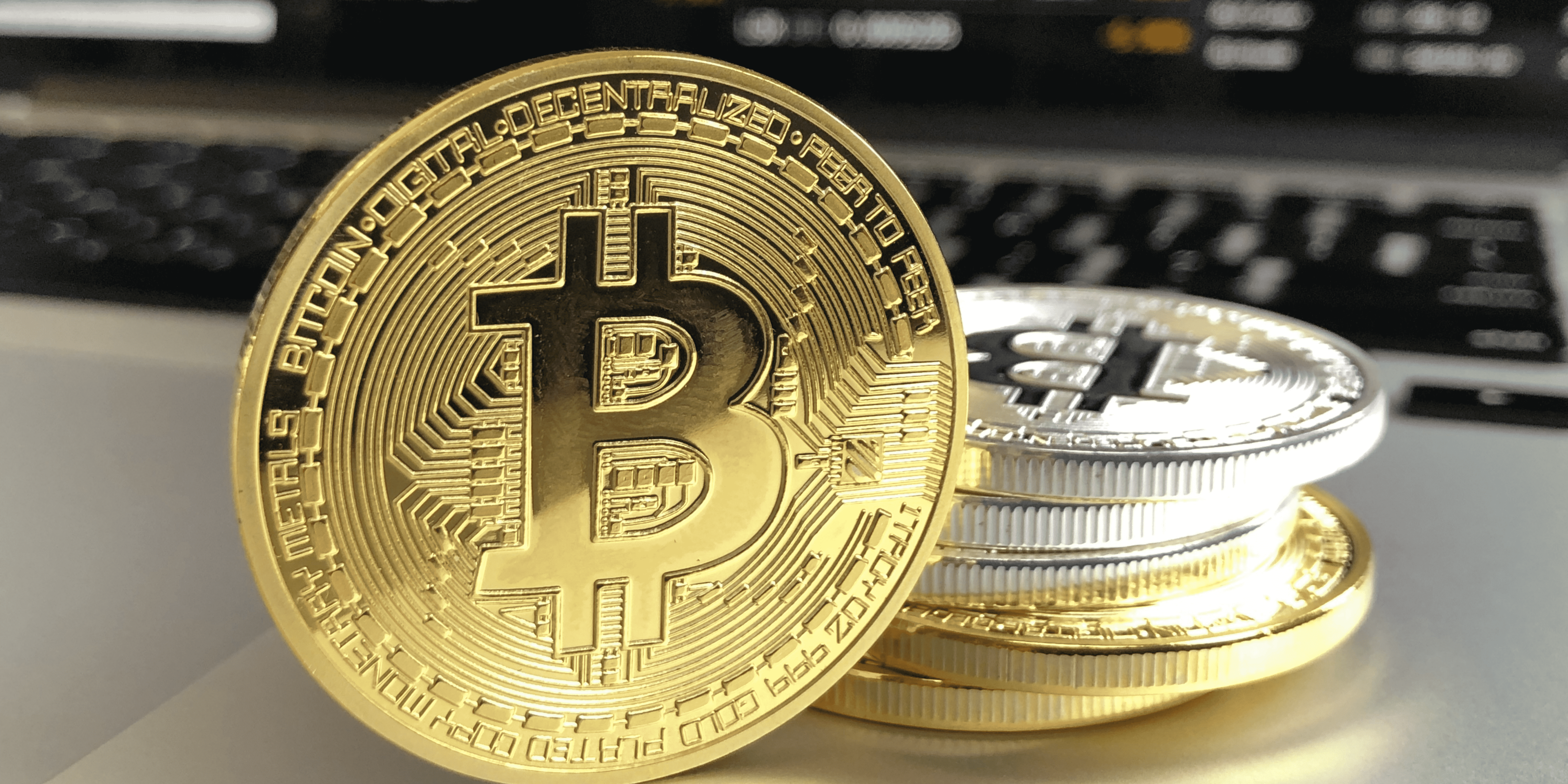The development of technology has influenced the innovation in payment system. At first, we only know conventional currency that is commonly used as a payment instrument. These days we have been introduced to the concept of cryptocurrency that has already been used by people in several countries as a payment instrument. Cryptocurrency or more often called crypto is a digital currency that uses cryptographic technology. The difference between cryptocurrency and conventional currency is that conventional currency is issued by the central bank of a country, while cryptocurrency is issued by certain individuals or companies by utilizing blockchain technology.
The types of cryptocurrencies that are widely known to the public today such as Bitcoin, Ethereum, and Tether. In the beginning of its’ emergence, cryptocurrency was not seen as exchange rates that represented existing curency. However, in June 2021, El Salvador became the first country to adopt Bitcoin as a legal tender.[1] In addition, leading companies including Tesla has been accepting crypto as a payment instrument starting from 2021.
Crypto itself has long been known in Indonesia, especially by people who observe digital realm. However, unlike El Salvador, the Indonesian Government has not recognized crypto currency as a payment instrument, but rather as a commodity that can be traded. This article will discuss the position of crypto from Indonesian Law perspective.
Definition of Crypto
According to the Regulation of Commodity Futures Trading Agencyy Number Nomor 8 of 2021 on Guidelines for the Implementation of Crypto Assets Physical Market Trading on the Futures Exchange (PerBappebti 8/2021), crypto is treated as an asset. Crypto Asset is intangible commodities in a digital form using cryptography, information technology networks, and distributed ledgers, and to manage the creation of of new units, verify transaction, and secure transactions without interference from other parties.[2] One form of Crypto Asset is Coin which has its’ own blockchain configuration and have characteristic like bitcoin as the first emerged Crypto Asset.[3] The derivative product of Coins is known as Token which is a form of Crypto Assets.[4]
Crypto as Payment Instrument
As previously mentioned, the practice of payment with cryptocurrencies is common in several countries, such as El Salvador that has adopted Bitcoin as a legal tender. In Indonesia, legal tander refers to the provisions of Law Number 7 of 2011 concerning Currency (hereinafter referred to as Law 7/2011). According to Law 7/2011, money is a legal tender. While what is meant by currency is money issued by the Republic of Indonesia, hereinafter referred to as Rupiah. Therefore, the only payment instrument that is recognized in Indonesia based on Law 7/2011 is Rupiah.
Rupiah as a recognized currency must be used in every transaction that has the purpose of a payment system, settlement of obligations that must be met with money, and/or other transactions.[5] For those who do not use Rupiah in these activities, there is a threat of criminal sanctions, namely a maximum imprisonment of 1 (one) year and a maximum fine of Rp. 200,000,000.00 (two hundred million rupiah).[6] Therefore, it can be concluded that crypto currency cannot be used as a payment instrument in Indonesia, at least for now.
In contrast to Bappebti, Bank Indonesia applies cryptocurrency as digital currency. It is as stated in Bank Indonesia Regulation Number 18/40/PBI/2016 on The Implementation of Payment Transaction Processing (PBI 18/40/PBI/2016), which defines virtual currency as a type of digital money issued by a party other than the monetary authority obtained by how to mine, purchase, or transfer rewards, including Bitcoin, BlackCoin, Dash, Dogecoin, Litecoin, Namecoin, Nxt, Peercoin, Primecoin, Ripple, and Ven.[7] To support the exclusivity of the Rupiah as the only payment intrument, Bank Indonesia through PBI 18/40/PBI/2016 prohibits any Payment System Service Provider from processing payment transactions using virtual currency.[8] Payment System Service Providers violating this matter will be subject to administrative sanctions in the form of: [9]
- warning;
- fine;
- temporary suspension of part or all of payment system service activities; and/or
- revocation of license as Payment System Service Provider.
Even though it is prohibited, in practice cryptocurrency still exist and is. used by many people in Indonesia. The intended use of cryptocurrencies is not as a means of payment, but as a commodity that is traded through the Futures Exchange.
Cryptocurrency in indonesia as Commodity
The legaluty of crypto as a commodity is regulated under the Regulation of the Minister of Trade of the Republic of Indonesia Number 99 of 2018 on General Policy for the Implementation of Crypto Asset Futures Trading (PerMendag 99/2018). Through the PerMendag 99/2018, crypto asset is designated as commodity that can be subject to futures contracts traded on the Futures Exchange.[10]
Furthermore, as the competent authority for trading on the futures exchange, Bappebti issued Regulation of the Commodity Futures Trading Supervisory Agency of the Republic of Indonesia Number 3 of 2019 concerning Commodities That Can Be Subjected to Futures Contracts, Sharia Derivative Contracts, and/or Other Derivative Contracts Traded on the Futures Exchange. (hereinafter referred to as PerBappebti 3/2019). Through PerBappebti 3/2019, crypto asset is a commodity in the digital asset sector and one of the commodities that can be traded on the futures exchange, along with other commodities such as coffee which is included as a commodity in the agricultural sector, or coal which is included as a commodity in mining and energy.[11]

Crypto asset trading on futures exchanges can only be carried out on crypto assets that have been determined by Bappebti through Commodity Futures Trading Regulatory Agency Regulation No. 7 of 2020 Establishment of a List of Crypto Assets that can be Traded in the Physical Crypto Asset Market (hereinafter referred to PerBappebti as 7/2020).[12] According to Attachment II of PerBappebti 7/2020, it is determined that there are 229 (two hundred and twenty nine) crypto asset that can be traded on the physical market of crypto asset on the Futures Exchange, such as Bitcoin, Ethereum, Tether, Binance coin, and others.
Based on the discussion above, it can be concluded that cryptocurrency in indonesia that is categorized as virtual currenciy is still prohibited from being used as payment instruments in Indonesia. According to the provisions of Law 7/2011, the payment instrument applicable in Indonesia is Rupiah. Although crypto can not be used as a payment intrument, people in Indonesia can still use it as a commodity asset that can be traded through the Futures Exchange with the aim to make a profit.
DISCLAIMER:
Any information contained in this Article is provided for informational purposes only and should not be construed as legal advice on any subject matter. You should not act or refrain from acting on the basis of any content included in this Legal Update without seeking legal or other professional advice. This document is copyright protected. No part of this document may be disclosed, distributed, reproduced or transmitted in any form or by any means, including photocopying and recording or stored in a retrieval system of any nature without the prior written consent of SIP Law Firm.
Author / Contributor:
 |
R. Yudha Triarianto Wasono, S.H., M.H. Associate
Contact: Mail : yudha@siplawfirm.id Phone : +62-21 799 7973 / +62-21 799 7975 |
 |
Junior Associate
Contact: Mail : khuluqi@siplawfirm.id Phone : +62-21 799 7973 / +62-21 799 7975 |
[1] https://ekonomi.bisnis.com/read/20210610/620/1403592/sah-el-savador-jadi-negara-pertama-yang-akui-bitcoin-sebagai-alat-pembayaran
[2] Pasal 1 angka 7 PerBappebti 8/2021
[3] Pasal 1 angka 13 PerBappebti 8/2021
[4] Pasal 1 angka 14 PerBappebti 8/2021
[5] Pasal 21 UU 7/2011
[6] Pasal 33 ayat (1) UU 7/2011
[7] Penjelasan Pasal 34 huruf a PBI 18/40/PBI/2016
[8] Pasal 34 huruf a PBI 18/40/PBI/2016
[9] Pasal 35 ayat (1) PBI 18/40/PBI/2016
[10] Pasal 1 PerMendag 99/2018
[11] Pasal 1 huruf f PerBappebti 3/2019
[12] Pasal 1 ayat (1) PerBappebti 7/2020
